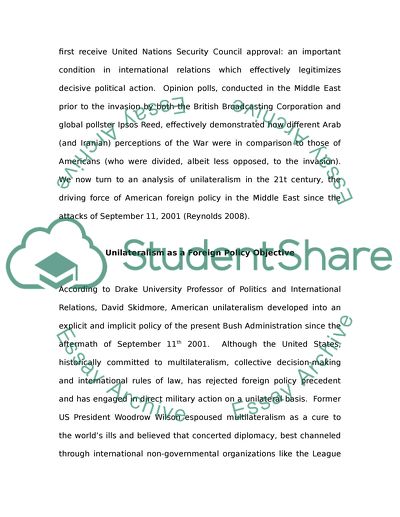Cite this document
(“Are US policies toward the Middle East likely to succeed Discuss with Essay”, n.d.)
Are US policies toward the Middle East likely to succeed Discuss with Essay. Retrieved from https://studentshare.org/miscellaneous/1557172-are-us-policies-toward-the-middle-east-likely-to-succeed-discuss-with-relation-to-to-either-democratization-or-iran
Are US policies toward the Middle East likely to succeed Discuss with Essay. Retrieved from https://studentshare.org/miscellaneous/1557172-are-us-policies-toward-the-middle-east-likely-to-succeed-discuss-with-relation-to-to-either-democratization-or-iran
(Are US Policies Toward the Middle East Likely to Succeed Discuss With Essay)
Are US Policies Toward the Middle East Likely to Succeed Discuss With Essay. https://studentshare.org/miscellaneous/1557172-are-us-policies-toward-the-middle-east-likely-to-succeed-discuss-with-relation-to-to-either-democratization-or-iran.
Are US Policies Toward the Middle East Likely to Succeed Discuss With Essay. https://studentshare.org/miscellaneous/1557172-are-us-policies-toward-the-middle-east-likely-to-succeed-discuss-with-relation-to-to-either-democratization-or-iran.
“Are US Policies Toward the Middle East Likely to Succeed Discuss With Essay”, n.d. https://studentshare.org/miscellaneous/1557172-are-us-policies-toward-the-middle-east-likely-to-succeed-discuss-with-relation-to-to-either-democratization-or-iran.


